After Paris, the Movement for Climate Justice Has Only Just Begun
The accord reached at COP21 does not require emission cuts to be made within a framework of climate justice. That is why grass-roots activism is now more important than ever.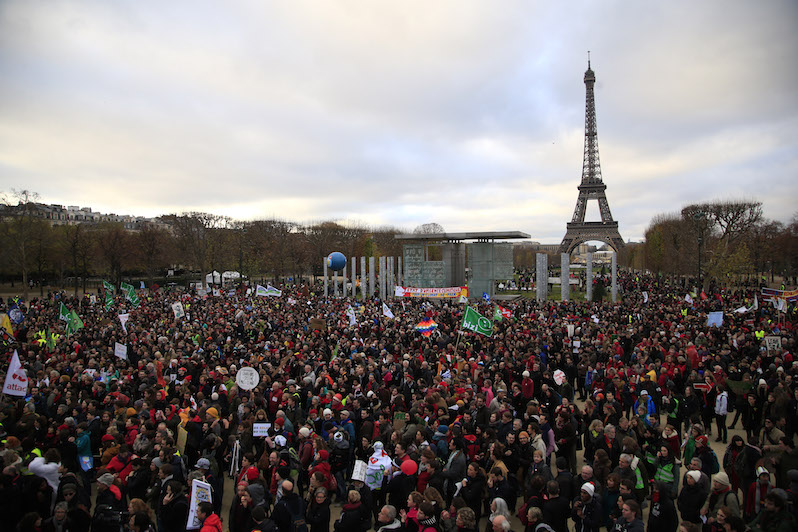 Activists gather near the Eiffel Tower in Paris during COP21 earlier this month. (Thibault Camus / AP)
1
2
Activists gather near the Eiffel Tower in Paris during COP21 earlier this month. (Thibault Camus / AP)
1
2

Activists gather near the Eiffel Tower in Paris during COP21 earlier this month. (Thibault Camus / AP)
Independent journalism is under threat and overshadowed by heavily funded mainstream media.
You can help level the playing field. Become a member.
Your tax-deductible contribution keeps us digging beneath the headlines to give you thought-provoking, investigative reporting and analysis that unearths what's really happening- without compromise.
Give today to support our courageous, independent journalists.
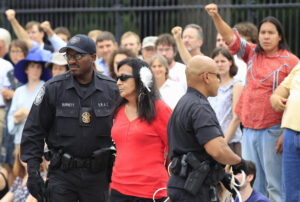
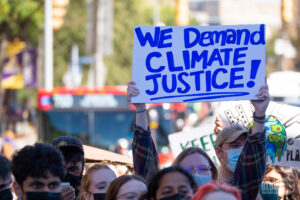
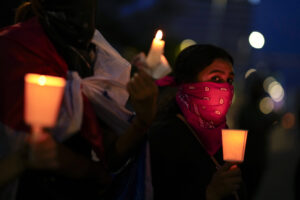
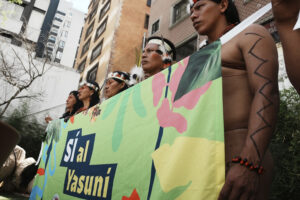
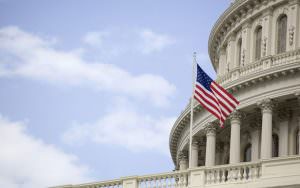

You need to be a supporter to comment.
There are currently no responses to this article.
Be the first to respond.